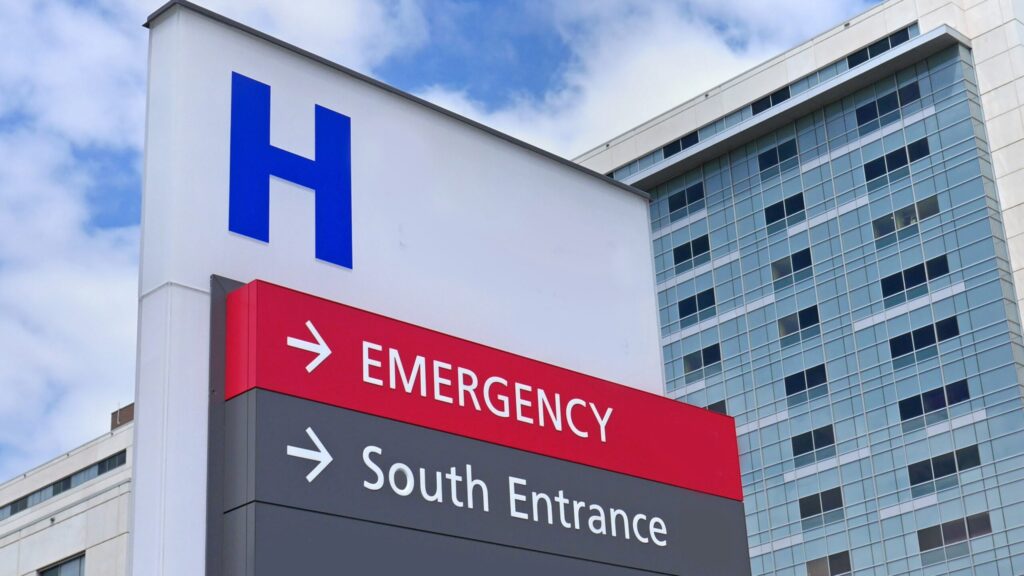September is Sepsis Awareness Month. Knowing what sepsis is, recognizing the warning signs, and getting help right away can save your life.
Sepsis is a life-threatening complication of infection. It happens when the body’s response to infection goes into overdrive and begins attacking its own tissues and organs. Instead of just fighting the infection, the body’s reaction spreads throughout the system, leading to organ failure and, if untreated, death.
Doctors describe sepsis as a progression:
- It can begin with an infection and bacteremia (bacteria entering the bloodstream).
- If it advances, it becomes sepsis and, in severe cases, septic shock — when blood pressure drops dangerously low, causing damage to the lungs, kidneys, liver, and other vital organs.
- Without immediate treatment, sepsis can move quickly and turn fatal.

Common Early Warning Signs
Sepsis can develop within hours or days, depending on the type and location of the infection and a person’s overall health. That’s why speed is everything.
Common Early Warning Signs
- Fever or chills
- Rapid heartbeat
- Rapid breathing
- Low blood pressure
- Confusion or delirium
- Severe pain or discomfort
Other possible symptoms include:
- Nausea, vomiting, or diarrhea
- Skin rash or mottling
- Decreased urine output
- Cold hands and feet
- Seizures (especially in children)
In older adults: signs may include low temperature, mild confusion, or a slower heartbeat.
In infants and children: watch for fever or unusual sleepiness, poor feeding, irritability or excessive crying, rapid breathing, or a bulging soft spot on the head.
If you notice these signs, seek medical help immediately.

Why Urgency Matters
Sepsis spreads fast. If you are a caregiver or someone recovering from illness and these symptoms appear, do not wait. Getting to the hospital quickly is the most important step.
Treatment must begin immediately. Patients with sepsis are usually admitted to the intensive care unit (ICU), where they receive antibiotics, intravenous fluids, vasopressor medications, and other supportive care. The sooner treatment begins, the better the chance of survival.
Remember the Signs: T.I.M.E.
Temperature – Higher or lower than normal
Infection – Possible or confirmed signs of infection
Mental Decline – Confusion, drowsiness, hard to wake
Extremely Ill – Severe pain, discomfort, or shortness of breath


